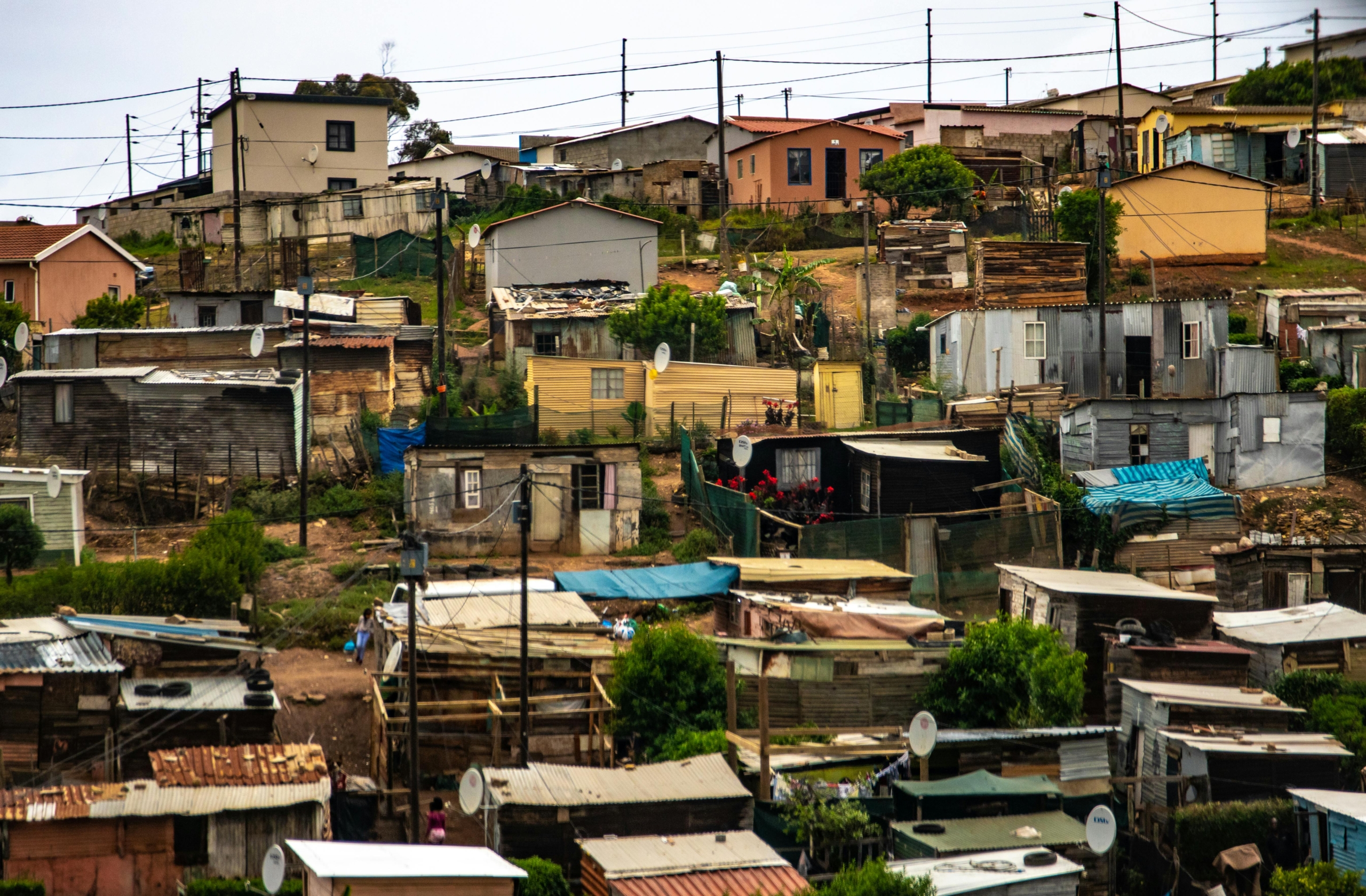HABVIA featured in The Telegraph for driving innovative heat-adaptation solutions in Cape Town’s informal settlements

According to the World Health Organisation (WHO) extreme Heat stress is the leading cause of weather-related deaths and can exacerbate underlying illnesses including cardiovascular disease, diabetes, mental health, asthma, and can increase the risk of accidents and transmission of some infectious diseases. As the planet gets hotter, vulnerable groups, particularly in the Global South, are most at risk. In such environments, where cooling solutions are limited or non-existent, sleeping can be difficult. Poor sleep also has a deeper health impact.
Studies have linked poor sleep to non-communicable diseases and problems including high blood pressure and diabetes.
When people are in very extreme hot heat environments where they
Dr Lara Dugas, HABVIA co-principal investigator
are unable to get proper sleep, then we know that they are going
to be at more risk for the non-communicable diseases.
Why It Matters:
✅ Informal dwellings, often made of wood or metal sheets can surpass 35 degrees celsius, leading to increased heat stress
✅ The initiative aligns with HeatNexus’ goal to uncover evidence-based, scalable, life-saving heat adaptation solutions.
✅ This recognition highlights the importance of evidence-based climate resilience solutions.
Read the full feature on The Telegraph: https://www.telegraph.co.uk/global-health/climate-and-people/cape-town-township-tests-innovative-coating-to-cool-shacks/